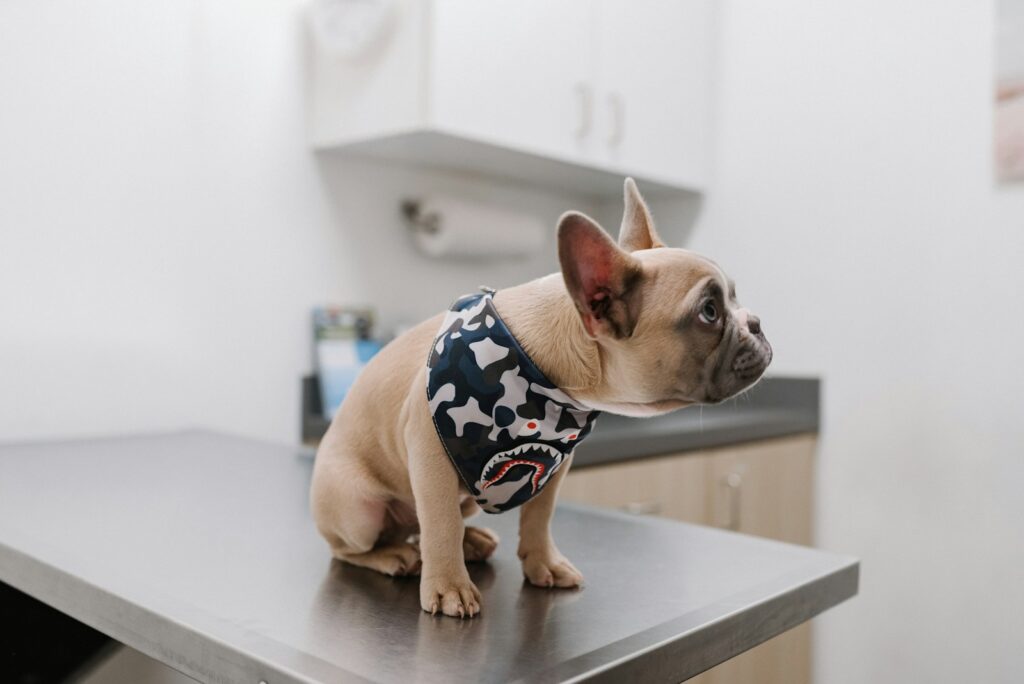As a dog owner, ensuring the health and well-being of your furry friend is a top priority. One of the most effective ways to protect your dog from various diseases is through vaccinations. But with so many options available, it can be overwhelming to determine which vaccinations your dog truly needs. In this article, we will explore the essential vaccinations for dogs, why they are important, and how to keep your pet healthy and safe.
Why This Topic Is Worth Reading

Understanding dog vaccinations is crucial for every pet owner. Vaccinations not only protect your dog from potentially life-threatening diseases but also contribute to the overall health of the canine population. By vaccinating your dog, you help prevent the spread of infectious diseases, ensuring a healthier environment for all pets.
Moreover, knowing which vaccinations are necessary can save you time and money in the long run. With the right information, you can make informed decisions about your dog’s healthcare, avoiding unnecessary treatments or complications. This article will provide you with the knowledge you need to keep your dog safe and healthy.
Key Highlights or Must-Know Points
- Core vaccinations are essential for all dogs, regardless of lifestyle.
- Non-core vaccinations may be recommended based on your dog’s lifestyle and environment.
- Regular veterinary check-ups are crucial for maintaining your dog’s vaccination schedule.
- Vaccination can prevent serious diseases such as rabies, parvovirus, and distemper.
Essential Vaccinations for Dogs
- Rabies: This is a legally required vaccination in many areas. Rabies is a fatal viral disease that affects the nervous system and can be transmitted to humans. Vaccination is crucial for both your dog’s safety and public health.
- Distemper: Canine distemper is a highly contagious viral disease that affects a dog’s respiratory, gastrointestinal, and nervous systems. Vaccination is vital, especially for puppies and dogs that are frequently around other animals.
- Parvovirus: This virus causes severe gastrointestinal illness in dogs and can be fatal, particularly in puppies. Vaccination is essential to prevent outbreaks, especially in areas where many dogs congregate.
- Canine Adenovirus (CAV-2): This virus can cause respiratory disease and hepatitis in dogs. Vaccination helps protect against these serious conditions.
- Bordetella (Kennel Cough): While not always required, this vaccination is recommended for dogs that are frequently in contact with other dogs, such as at boarding facilities or dog parks. Kennel cough is highly contagious and can spread rapidly.
Extra Tips, Notes, or Warnings
- Consult Your Veterinarian: Always discuss your dog’s vaccination needs with your veterinarian. They can provide personalized recommendations based on your dog’s age, health, and lifestyle.
- Keep Records: Maintain a vaccination record for your dog. This will help you keep track of when vaccinations are due and provide proof of vaccination when required.
- Watch for Side Effects: While vaccinations are generally safe, some dogs may experience mild side effects such as lethargy or swelling at the injection site. If you notice severe reactions, contact your veterinarian immediately.
- Stay Updated: Vaccination guidelines can change, so it’s essential to stay informed about the latest recommendations from veterinary organizations.
Common Questions Answered
1. How often does my dog need vaccinations? Most core vaccinations are given as puppies and then boosted every 1-3 years, depending on the vaccine and your veterinarian’s recommendations.
2. Are there any risks associated with vaccinations? While serious side effects are rare, some dogs may experience mild reactions. Always consult your veterinarian if you have concerns.
3. Can my dog be vaccinated if they are sick? It depends on the illness. Your veterinarian will assess your dog’s health and determine if vaccination is appropriate at that time.
4. What if I miss a vaccination appointment? If you miss a vaccination, contact your veterinarian to reschedule as soon as possible. They will advise you on the best course of action.
Final Thoughts
Vaccinations are a critical component of your dog’s healthcare routine. By ensuring your dog receives the necessary vaccinations, you are not only protecting their health but also contributing to the well-being of the entire canine community. Regular veterinary visits and staying informed about vaccination schedules will help keep your furry friend safe and healthy.
Get Involved
We encourage you to take an active role in your dog’s health by discussing vaccinations with your veterinarian. If you have any questions or experiences to share, feel free to leave a comment or reach out. For more wonderful content on pet care, be sure to check out Mind of Griff for additional resources and insights!

Leave a Reply